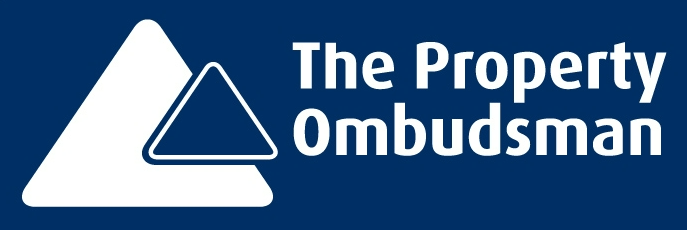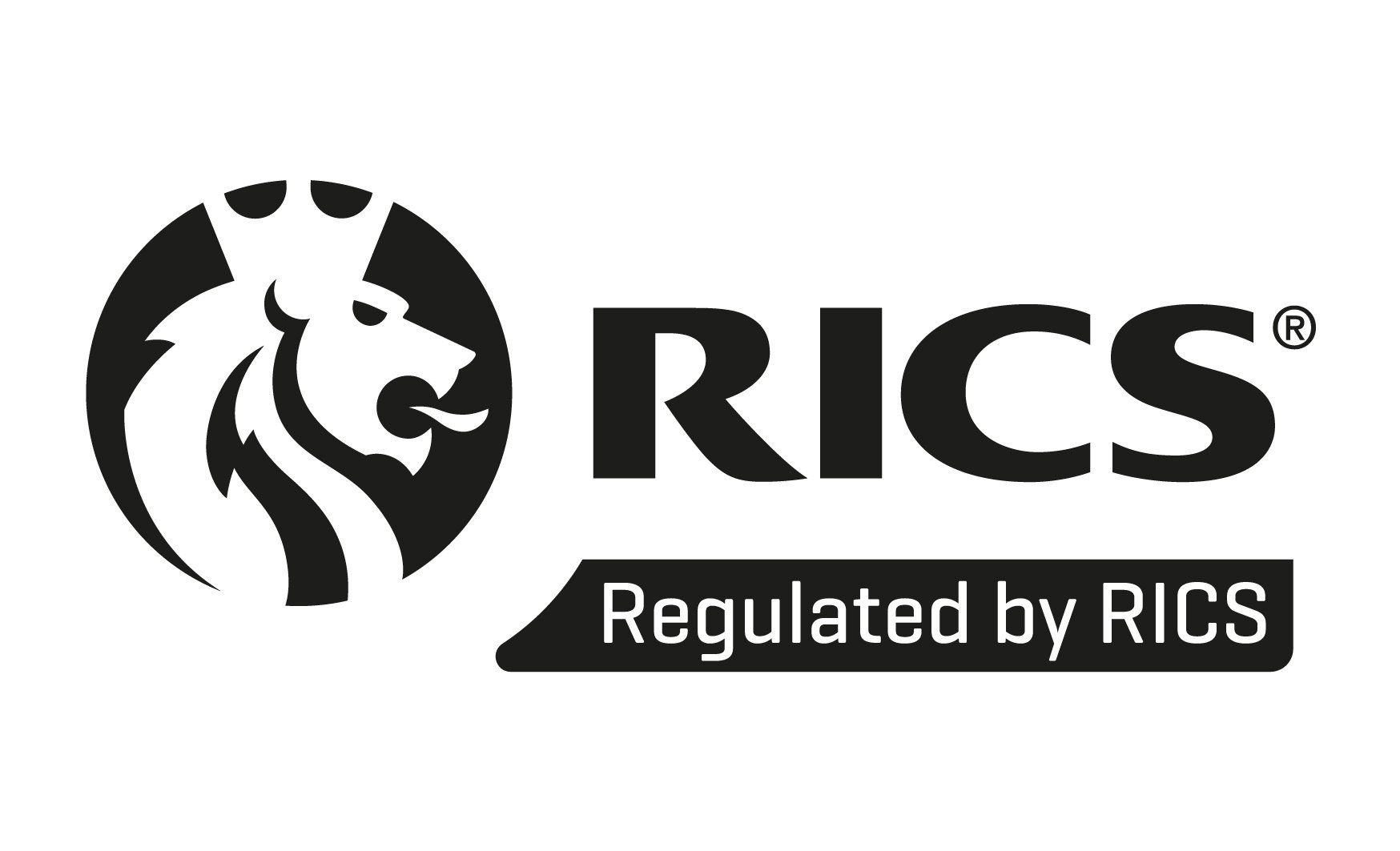Contact us
0203 7807895 / 01392 341 431 / 01872 300 875
Email us
sales@briksurveyors.co.uk
COMMERCIAL SCHEDULE OF CONDITION REPORT
Entering a commercial lease can come with significant long-term obligations. A Commercial Schedule of Condition Report is an essential tool to protect your interests and limit your liability under a full repairing and insuring (FRI) lease. This detailed report documents the property's exact condition at the start of your tenancy, providing crucial evidence for the future.
Why a Schedule of Condition is Vital
Without a comprehensive Schedule of Condition, you may be held responsible for repairing pre-existing defects or damage when the lease ends. At that point, the landlord may present a schedule of dilapidations, demanding payment for repairs that were not your responsibility.
Your Schedule of Condition will serve as a definitive baseline, facilitating a fair assessment of any necessary repairs and preventing disputes.
Our Expert Process
To ensure the report accurately reflects your lease obligations, we begin with a thorough review of your full repairing and insurance lease. This is a critical first step.
We then undertake a detailed, photo-documented survey to provide a comprehensive assessment of the property's current condition. For older or complex buildings, we strongly recommend a full Level 3 Building Survey in addition to the Schedule of Condition. This provides a complete understanding of the building's inherent pathology and helps you negotiate maintenance responsibilities before the lease begins.
The specific requirements for your assessment are determined on a case-by-case basis to ensure the report provides the exact level of detail you need.
Key Benefits
- Risk Mitigation: Limits your liability for pre-existing defects.
- Negotiation Power: Provides essential information to negotiate repairs and maintenance before you sign the lease.
- Cost Control: Prevents unexpected costs and disputes at the end of your tenancy.
- Legal Evidence: Provides irrefutable legal evidence against a future schedule of dilapidations.


